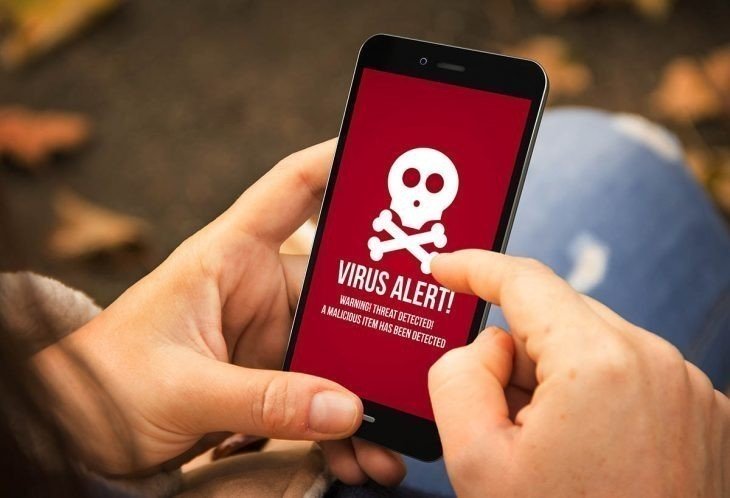The era of technology is here to stay and every day we see how it expands to all areas of our life.
This has many advantages, such as constant communication from anywhere in the world and immediate access to information, but it also involves many risks. According to experts, one of the most frequent targets of computer attacks is smartphones, more specifically, Android devices.
The most common threats are attacks on emails, unintentional downloads, attacks on public Wi-Fi networks and packages of malicious programs (malware) that some pages contain.

What is the most alarming? Cyber threats continue to increase. Read these 9 tips to protect yourself.
1- Better passwords
Use long and complicated passwords, and apply other authentication methods such as gestures or PINs.
2- Beware of attachments
Do not click on the attachments or email links of people you do not know. He also distrusts the links you receive by text message or WhatsApp.
3- Beware of online transactions
Always verify that the bank page is legitimate or you can be the victim of a deception. Check the logo, URL and be alert to grammar or spelling errors.
4- Stay alert on the networks
Verify the identity of the people who send you friend requests on social networks. Some "cyber-criminals" send requests with the intention of stealing information or tricking you into clicking on malicious pages.
5- Compare your bank summary
Keep a record of expenses to be able to compare them at the end of the month with the balance of purchases made online. If you do it in writing, break them before throwing them away.
6- Update your systems
The updates come with the latest security patches and protect you from threats.
7- Avoid public Wi-Fi networks
An attacker can steal information from you or infect your devices if you connect to the same network as you.
8- Review the protocol
When you browse a page that contains sensitive information such as bank accounts or user passwords, always verify that the address of the page starts with HTTPS and not HTTP. The HTTPS protocol is more secure.
9- Have a security solution at hand
Either an antivirus, antimalware or a firewall. In addition, it makes backups in external locations. In case you lose information, you can recover it at least partially.
Reference:
Infobae
I'm sure these articles will be interesting for you:
Iceland becomes the first country with equal wages by law
What is the highest temperature in the universe?
The brain remain conscious after death
